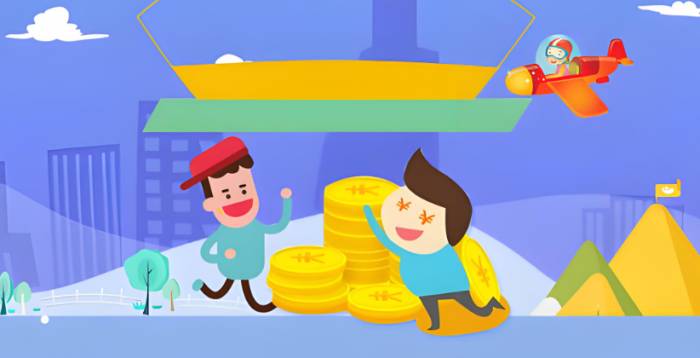-
8 Stress Factors Causing Coral Bleaching: A Detailed Guide
Feb 04,2026 -
Sea Turtle Encounter Adventures: Your Guide to Aquarium Experiences
Jan 27,2026 -
Snorkel with Sea Turtles in Florida: Best Spots & Tips
Jan 29,2026 -
Mastering Diving Techniques: The Ultimate Guide for Scuba & Freediving
Jan 01,2026 -
Best Diving in Europe for Marine Life: Top Spots & Tips
Feb 14,2026 -
Master Scuba Diving: A Step-by-Step Guide to Essential Techniques
Jan 20,2026 -
World's Best Scuba Diving Destinations: Ultimate Guide
Feb 10,2026 -
Best Places for Scuba Diving in Asia: A Diver's Guide to Top Sites
Feb 13,2026 -
Diving First Aid: The Complete Guide to Underwater Emergencies
Jan 17,2026 -
Diving Resorts Philippines: Your Guide to the Best Dive Stays
Feb 19,2026
Fed's Dilemma: Combat Inflation or Prevent Recession?
When I was selecting apples in the fruit section of the supermarket, I was unexpectedly shocked to find that the price of the same fruit has risen significantly! It's not just fruit; even the canned goods, laundry detergent, and rice, flour, oil, and grain that I often buy seem to be getting more expensive. This left me momentarily pushing my shopping cart, which was full of groceries, in a state of confusion, thinking: Inflation is really here! We all know that an increase in the cost of living means our wallets have to slim down, right? And all of this is precisely caused by the policies of the Federal Reserve. Speaking of the Federal Reserve, it is like the captain of an economic voyage, responsible for steering. In such a turbulent economic situation, the Federal Reserve must navigate the waves of inflation while preventing the ship from tilting out of control, facing a huge challenge.
It can be said that the Federal Reserve has recently been "racking its brains." Let's think about it, inflation is constantly raising our daily expenses, which undoubtedly puts tremendous pressure on the Federal Reserve. Nowadays, inflation is like a "flying leaky bow," with prices rising rapidly, and the Federal Reserve must take measures to curb this situation, trying to reduce the loss. Resolutely raising interest rates is their effective strategy to control inflation and cool down the economy. However, the economy may slow down or even enter a recession due to interest rate hikes.
Let's discuss this difficult economic reality together and see how the Federal Reserve is torn between "braking" and "accelerating" on this challenging path. We can also talk about some of the economic knowledge behind this, to see what the Federal Reserve is doing and why we should pay attention to it.

The well-explained concept of inflation is not only familiar to professionals but also to ordinary citizens like me. Inflation means that we have to pay more and more money in life, but the goods we get in exchange will not become more. It's like the saying, "Money is abundant, but you can't buy anything." Everyone knows that inflation has been high for a period of time. Economic data over the years show that the inflation rate has exceeded the target upper limit set by the Federal Reserve, making countless families exclaim, "Life is really hard!"
To curb inflation, the Federal Reserve began to gradually raise interest rates. In simple terms, raising interest rates means increasing the cost of borrowing. For example, if I take out a loan to buy a house or a car, I will have to spend more money. This is undoubtedly cooling down consumption. Imagine, if interest rates soar, many people may be forced to cut back on spending, even considering the coffee I often drink. However, this also brings undeniable risks to the economy. The urgently needed fight against inflation may lead to an economic slowdown or even approach the edge of "recession."
If the Federal Reserve chooses to relax its policies, it may give everyone a breath of fresh air. However, this arbitrary "acceleration" will invisibly allow inflation to grow like a shadow, ultimately still being of no avail. In this complex entanglement, the Federal Reserve is like a performer walking on a tightrope, cautious and under pressure.
Your comment